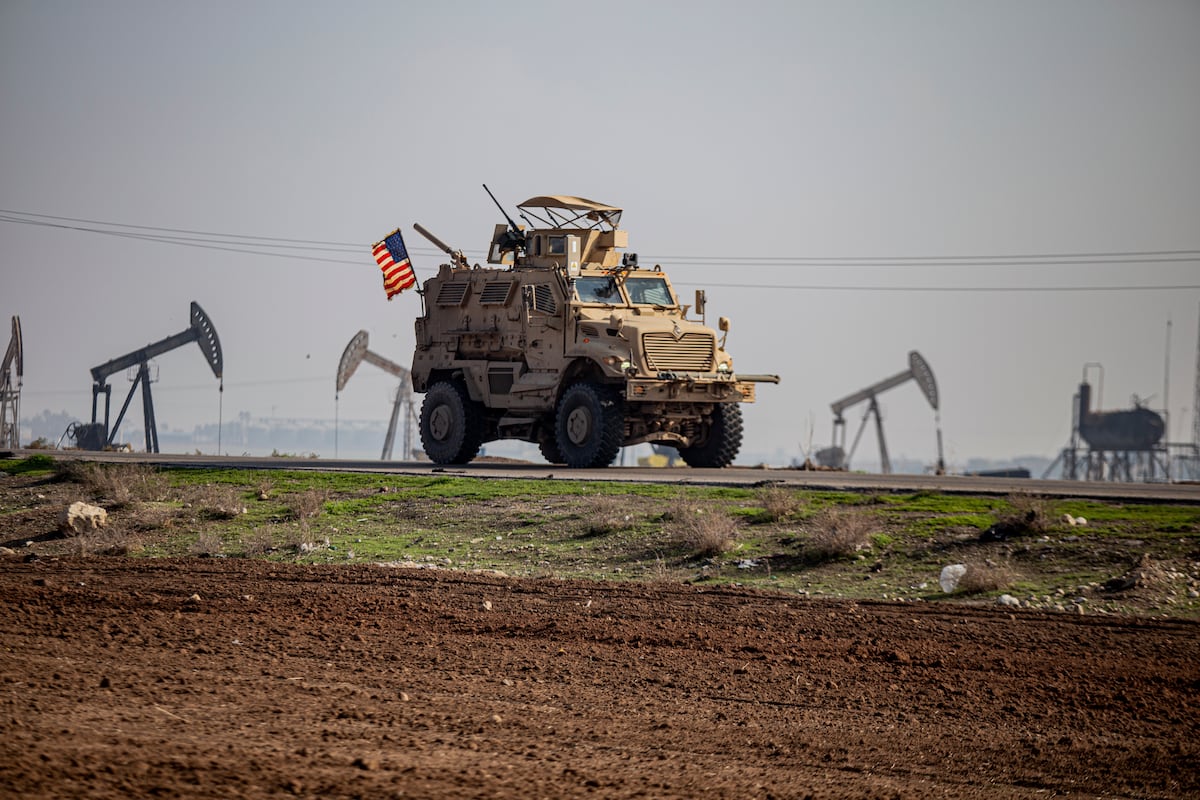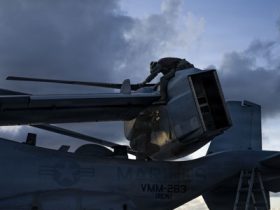Lawmakers on Thursday said the Trump administration’s strikes on alleged drug-trafficking boats in the Caribbean may have violated the War Powers Resolution and the Law of Armed Conflict.
Democratic senators and one independent member aired their concerns during a Senate Armed Services Committee hearing to confirm the would-be head of the Pentagon’s counterterror policy office, a key organization in operations against drug cartels now designated international terrorist groups.
Derrick Anderson, nominated to be the next assistant defense secretary for special operations/low-intensity conflict, demurred when asked whether he would question the legality of a strike on suspected traffickers in international waters, repeating that he had not been involved in previous decision-making.
“I understand that, but I’m talking in the future,” Sen. Angus King, I-Maine, told Anderson. “You may be in this job in three weeks and be ordered to strike another ship in the Caribbean. Are you going to ask a question about what is the legal authority for that strike?”
Lawmakers have expressed alarm about aspects of the strikes’ execution, including a lack of congressional notification and subsequent briefings, but principally the absence of an Authorization for Use of Military Force, the legal framework that supports U.S. strikes on other terror groups, like al Qaida and ISIS.
“This designation, however, does not grant new authorities for military targeting,” Sen. Jack Reed, D-R.I., the committee’s ranking member, said during the hearing. “Given the large number of U.S. military assets that have been deployed to the Caribbean, it is clear that the administration intends to continue such operations, but skirting law and denying transparency for the American people risk a dangerous escalation with international ramifications.”
The president sent a War Powers Resolution report to Congress earlier this month as a justification for the Sept. 2 strike, but did not include the name of any designated organization. The administration’s defense rests on the president’s ability to order defensive strikes upon imminent threats, though legal experts have questioned whether a speedboat possibly carrying drugs to the U.S. meets that definition.
Separately, there are now concerns about the possibility that servicemembers who were involved in the strikes could be prosecuted if their actions are determined to be war crimes.
“We are hearing that there are individual folks in uniform involved in these operations who are now asking for legal cover in these operations because they believe that they potentially violate the law,” Sen. Elissa Slotkin, D-Mich., said during the hearing, alluding to reporting by the Wall Street Journal.
Slotkin continued, “This is a fundamental issue of this committee, and I would ask that you get smart on the legal authorities, because if individual folks in uniform are going to be held personally liable for your decisions, you should take accountability for that.”
Read the full article here








Leave a Reply